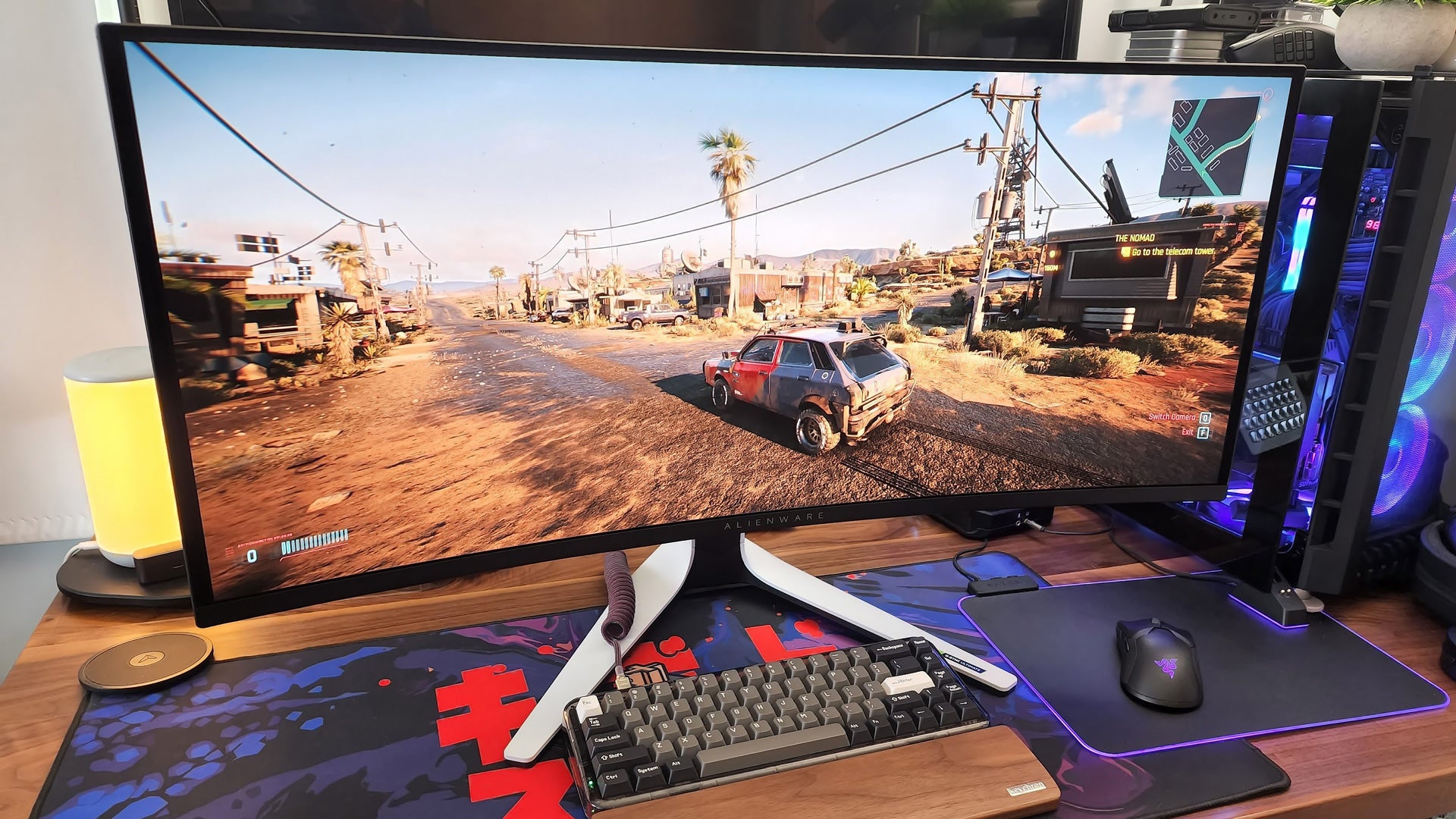When it comes to choosing the best monitor or TV for your needs, there is no one–size–fits–all answer. The best choice depends on a variety of factors, including budget, space requirements, intended use, and personal preferences. To make an informed decision, you‘ll need to consider the various types of monitors and TVs available, their features, and the benefits they offer. With a little bit of knowledge and research, you can find the perfect monitor or TV for your needs.
What is the difference between a monitor and a TV?
A monitor is typically smaller and designed for computer use, while a TV is larger and designed for home entertainment. Monitors usually have a higher refresh rate and response time, making them better for fast-paced games and videos. TVs have more features for media consumption, such as built-in speakers, video processing, and connectivity options for devices like game consoles and Blu-ray players.
Which is better for gaming?
For gaming, a monitor is usually the better option due to their higher refresh rates and lower input lag. A gaming monitor with a fast refresh rate can provide smoother, more fluid gameplay, while a low input lag ensures that your actions are displayed on the screen as quickly as possible.
Which is better for watching movies and TV shows?
TVs are better suited for watching movies and TV shows, as they are designed for media consumption. TVs have larger screens and often include features like HDR and 4K resolution, which can provide a more immersive viewing experience. They also usually have built-in speakers, so you don’t need external speakers to enjoy the audio.
Which is better for productivity?
Monitors are better for productivity, as they are designed for computer use. They have smaller form factors, which makes them easier to use for extended periods of time. Monitors also have a higher resolution, which can help to reduce eye strain and make it easier to see fine details.
What should I consider when choosing a monitor or TV?
When choosing a monitor or TV, you should consider several factors, including the screen size, resolution, refresh rate, and connectivity options. You should also consider your intended use for the device, whether it’s for gaming, media consumption, or productivity. Other factors to consider include the type of panel used, the viewing angle, and the presence of built-in speakers.
